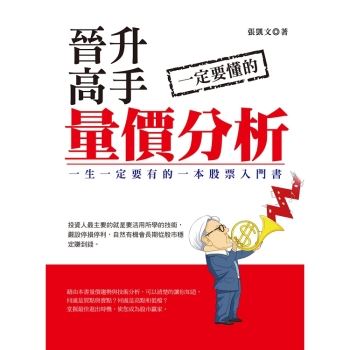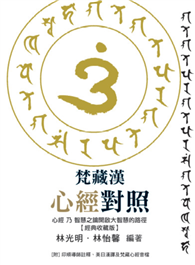Henry V is a history play by William Shakespeare, believed to have been written near 1599. It tells the story of King Henry V of England, focusing on events immediately before and after the Battle of Agincourt (1415) during the Hundred Years’ War. In the First Quarto text, it was titled The Cronicle History of Henry the fift, p.6 which became The Life of Henry the Fifth in the First Folio text.The play is the final part of a tetralogy, preceded by Richard II, Henry IV, Part 1, and Henry IV, Part 2. The original audiences would thus have already been familiar with the title character, who was depicted in the Henry IV plays as a wild, undisciplined young man. In Henry V, the young prince has matured. He embarks on an expedition to France and, his army badly outnumbered, defeats the French at Agincourt.The Elizabethan stage lacked scenery. It begins with a Prologue, in which the Chorus (a lone speaker addressing the audience) apologizes for the limitations of the theatre, wishing there were "a Muse of fire", with real princes and a kingdom for a stage, to do justice to King Henry’s story. Then, says the Chorus, King Henry would "[a]ssume the port [bearing] of Mars". The Chorus encourages the audience to use their "imaginary forces" to overcome the limitations of the stage: "Piece out our imperfections with your thoughts ... turning the accomplishment of many years / Into an hour-glass".Shakespeare’s plays are in five acts. In Henry V, the first two deal largely with the king and his decision to invade France, persuaded that through ancestry, he is the rightful heir to the French throne. The French Dauphin, son of King Charles VI, answers Henry’s claims with a condescending and insulting gift of tennis balls, "as matching to his youth and vanity."The Chorus reappears at the beginning of each act to advance the story. At the beginning of Act II, he describes the country’s dedication to the war effort: "Now all the youth of England are on fire... They sell the pasture now to buy the horse, / Following the mirror of all Christian kings ...." Act II includes a plot by the Earl of Cambridge and two comrades to assassinate Henry at Southampton. Henry’s clever uncovering of the plot and his ruthless treatment of the conspirators show that he has changed from the earlier plays in which he appeared.In Act III Henry and his troops cross the English Channel to attack the French port of Harfleur.
| FindBook |
有 1 項符合
Henry V的圖書 |
 |
Henry V 作者:Shakespeare 出版社:Lulu.com 出版日期:2022-03-20 語言:英文 規格:平裝 / 126頁 / 21.01 x 14.81 x 0.76 cm / 普通級/ 初版 |
| 圖書館借閱 |
| 國家圖書館 | 全國圖書書目資訊網 | 國立公共資訊圖書館 | 電子書服務平台 | MetaCat 跨館整合查詢 |
| 臺北市立圖書館 | 新北市立圖書館 | 基隆市公共圖書館 | 桃園市立圖書館 | 新竹縣公共圖書館 |
| 苗栗縣立圖書館 | 臺中市立圖書館 | 彰化縣公共圖書館 | 南投縣文化局 | 雲林縣公共圖書館 |
| 嘉義縣圖書館 | 臺南市立圖書館 | 高雄市立圖書館 | 屏東縣公共圖書館 | 宜蘭縣公共圖書館 |
| 花蓮縣文化局 | 臺東縣文化處 |
|
|
圖書介紹 - 資料來源:博客來 評分:
圖書名稱:Henry V
|











